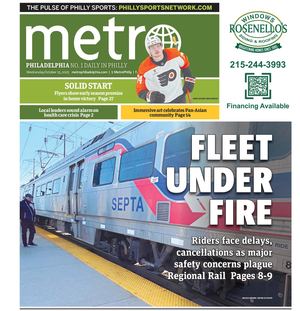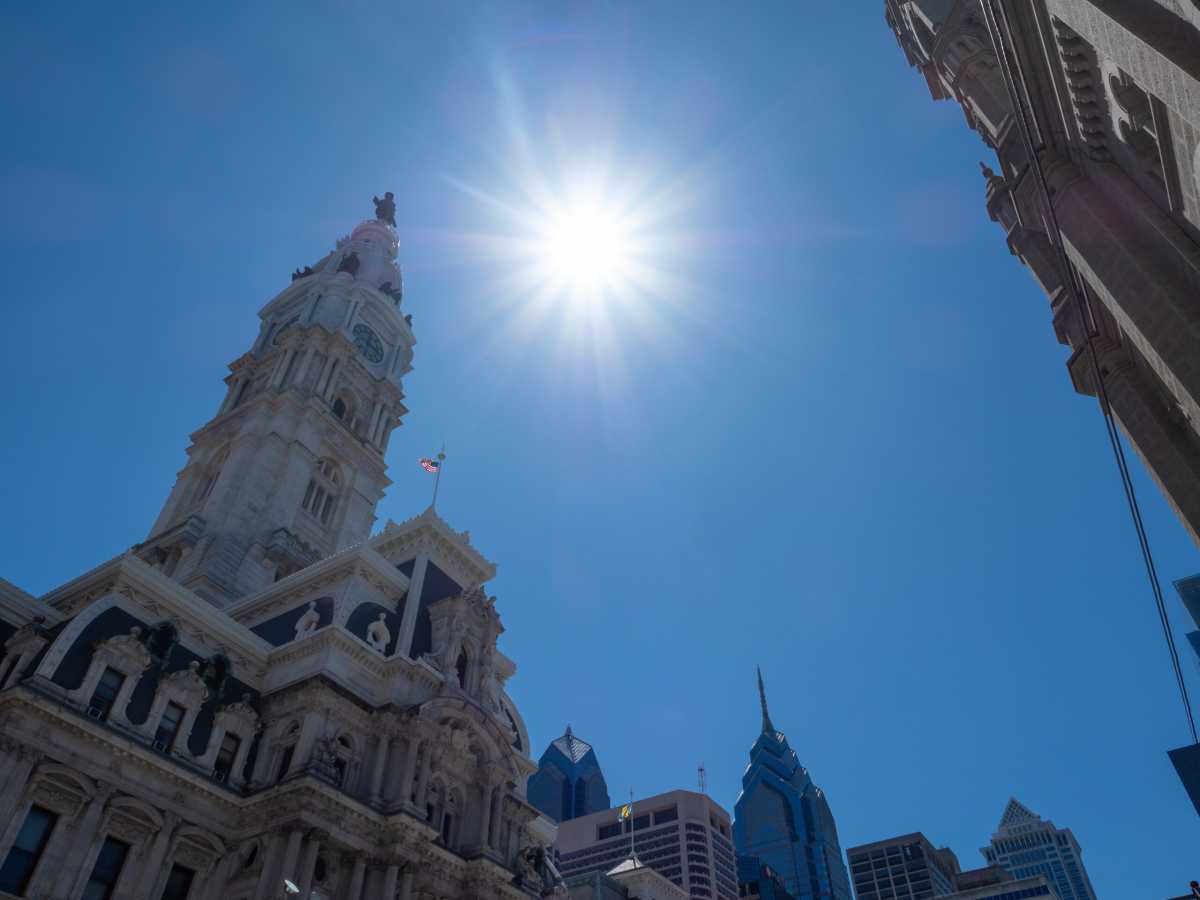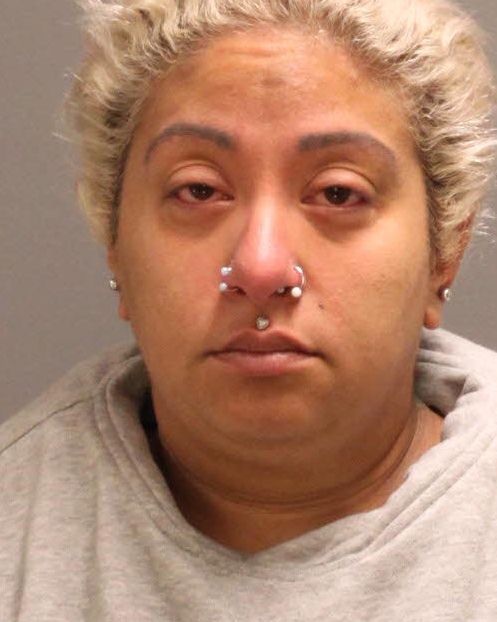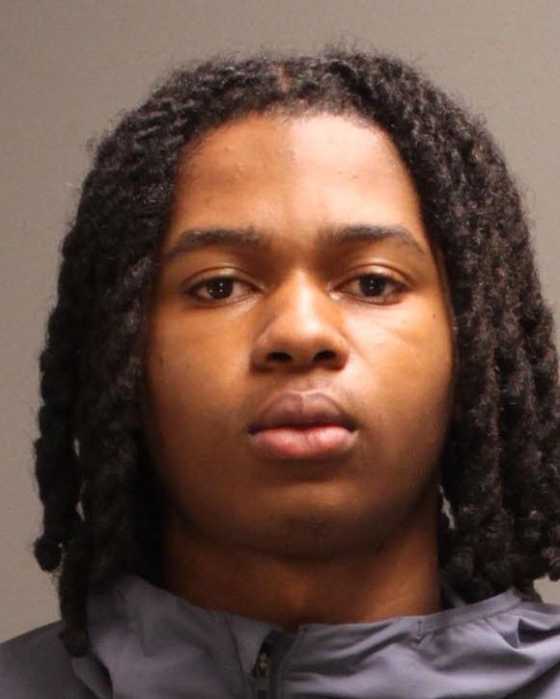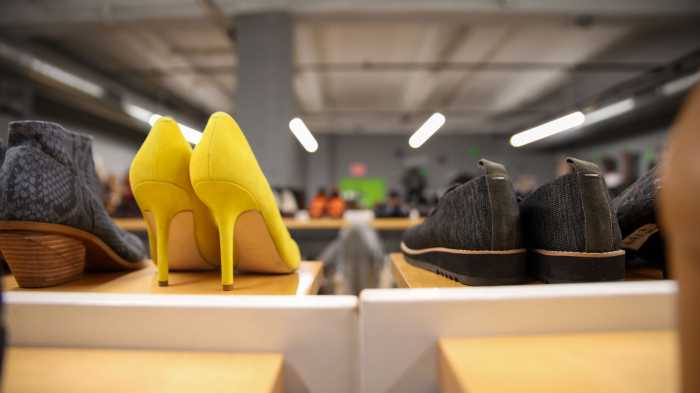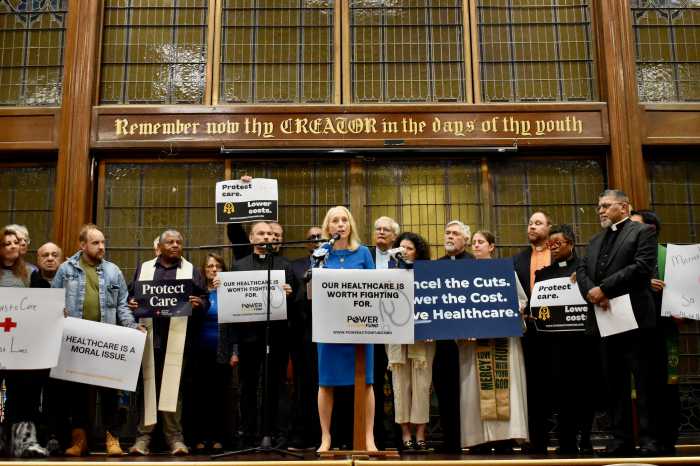Thousands of municipal employees who have had a hybrid schedule for more than four years will be required to report to work in-person five days a week beginning Monday.
Court of Common Pleas Judge Sierra Thomas Street on Friday denied an emergency injunction filed by the American Federation of State, County and Municipal Employees that sought to block Mayor Cherelle Parker’s controversial return-to-office policy.
AFSCME District Council 47, which filed the lawsuit, said “our fight is not over” in a post on its social media pages and urged the Parker administration to agree to expedited arbitration to settle the issue. Still, the union advised all affected workers to abide by the return-to-office mandate.
Parker’s team has said that 20% of the city’s more than 20,000-member workforce has been regularly remote; however, her office has not provided a breakdown of their roles and departments.
Following the court ruling, the mayor reiterated her promise of making Philadelphia the “safest, cleanest and greenest big city in America, with access to economic opportunity for all.” She also mentioned giving residents a government “they could see, touch and feel.”
“This ruling gets our city one giant step closer to delivering on that promise,” Parker said in a statement.
During a news conference last week, Parker said having employees in the office “allows for more personal and productive interactions, facilitates communication, and promotes social connections, along with collaboration, innovation, inclusion, and belonging.”
She has said she wants the city to serve as a model for other employers interested in bringing back pre-pandemic working environments.

When announcing the in-person work policy in May, Parker said she directed her administration to create provisions for emergency child and elder care. But DC 47 leaders said during court proceedings that few details have been offered about those programs.
“People are scrambling, trying to find child care, trying to readjust their lives,” April Gigetts, the union’s president, testified Thursday. “It’s been very impactful.”
Multiple employees called by the union’s attorneys at the hearing said they planned to take days off this week to figure out next steps. Some are looking to take family medical leave or apply for disability accommodations. Others are considering leaving their city jobs entirely.
“I’m going to be quite frank,” said an employee for the Philadelphia Water Department. “I have been applying to other jobs.”
DC 47’s legal team argued the policy would exacerbate the government’s staffing issues. About 17% of municipal positions are vacant, according to the most recent city managers report.
Pearl Reese, a single mother with four children, said she took a pay cut to transfer from the Philadelphia Fire Department, where she served as a dispatcher, to the Department of Human Services because her new role offered remote work. She recalled asking whether the schedule would change.
“They didn’t think the city was interested in fixing something that was not broken,” Reese testified.
The union’s lawyers asserted that Parker’s return-to-office policy is subject to collective bargaining and would cause irreversible damage to DC 47 members.
Attorneys for the city said legal precedent has established that labor negotiations are needed to modify work schedules – but not work locations. “DC 47 knows this,” Assistant City Solicitor Megan Malone told the judge. “The law is clear.”
